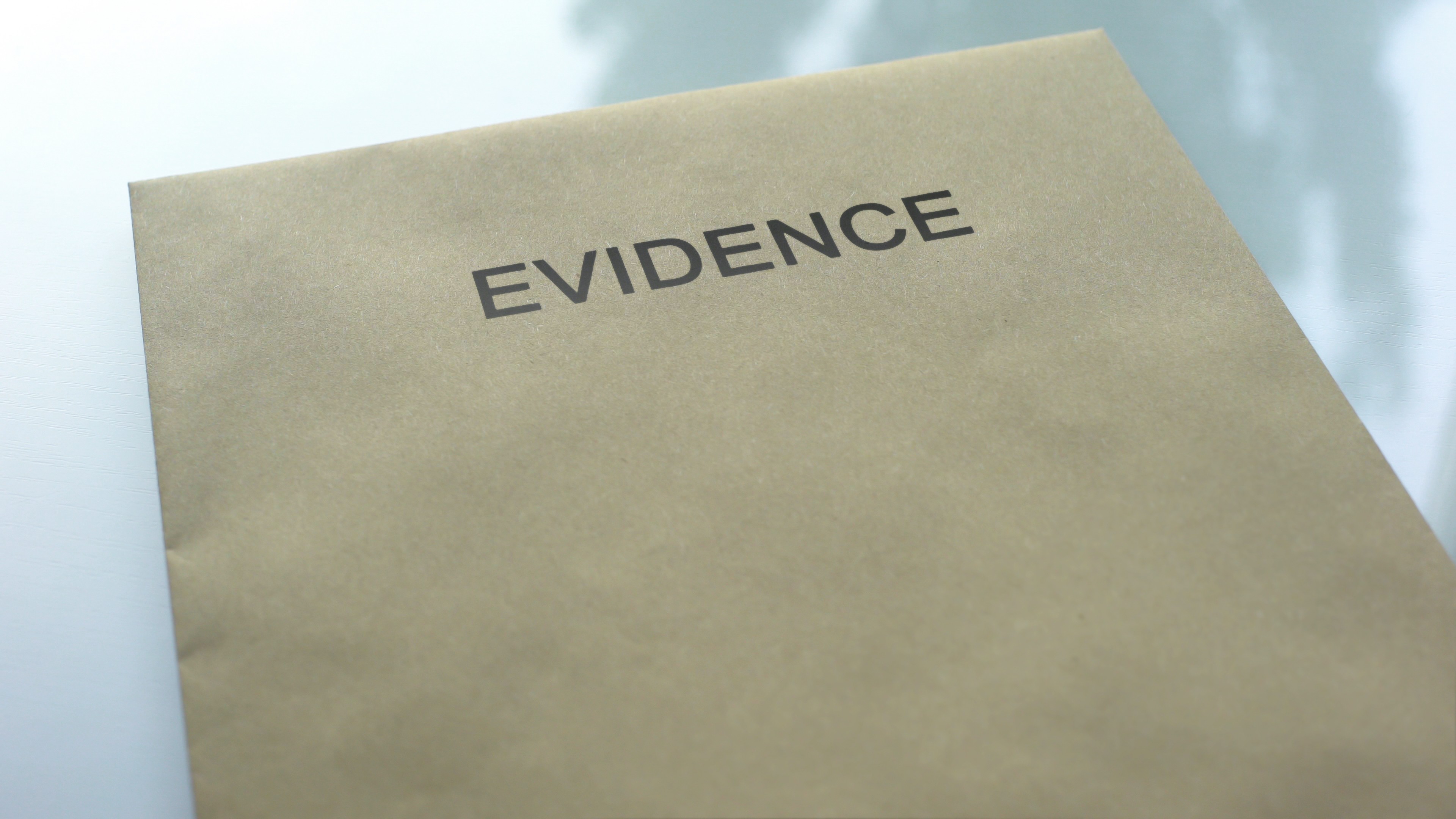
What is evidence exactly?
The definition provided in the Australian Workplace Training and Investigation Evidence Manual states “Evidence is information that is relevant to proving or disproving a disputed fact in issue in legal proceedings”.
Any workplace investigation will gather evidence so that a decision can be made at a tribunal hearing. No matter what kind of investigation it is, this is essential to prove or disprove testimony and exhibits presented. This ultimately leads to the guilt or innocence of the defendant.
The rules are the same in a workplace investigation and tribunal as they are in a court of law, in criminal and civil cases.
There are four different types of evidence that prosecution or defence can submit during a tribunal hearing following a workplace investigation, including:
- Real: This is anything tangible. This can include physical documents, objects, photographs, tape recordings, print outs. This is any object that you can physically hold in your hands.
- Demonstrative: Maps, diagrams of a crime scene, charts and graphs that illustrate the physical, financial impact or other injuries to the complainant are allowed to be used as long as they are used to prove or demonstrate something rather than being used to prejudice the proceedings.
- Documentary: This is any form of documentation that provides written proof that establishes the existence or absence of a fact. These are official documents like letters, deeds, licences, certificates, tickets etc.
- Testimonial: Any statement made under oath or declaration by a witness before the tribunal.
- Letters of complaint lodged by an employee
- Informant information
- Proceeds of a search warrant
- Observations that can be gathered from witnesses, managers, colleagues etc
- Interviews conducted during the workplace investigations
- Statements taken from complainants during the investigation
- Documents (including written, pictures, sound and electronic)
- Photographs (including digital)
- Electronic messaging (including SMS, MMS, email, messaging platforms and more)
- Forensic submissions
- Computer records, including information taken from smart devices like smartphones and tablets
- Physical objects or injuries
- Statements of truth from witnesses or other parties
Handling of evidence
It is not enough for the defence or prosecution to submit evidence. Each investigation must show there is a transparent chain for managing this material, including its handling, chain, and storage. This ensures quality and non-bias.
For evidence to be admissible, it must be in its natural or original state. It cannot be changed, damaged or destroyed, and it cannot be contaminated or altered in any way. There are different rules for different types of evidence when it comes to handling:
- Documents: This is a legal principle that states that the original version is superior. That means the photocopies or other reproductions will not be admissible. All documents must be handled and stored with extreme care, so they stay in their original condition with no damage, markings or other changes. They should be stored in a protective sleeve or envelope to ensure they are not damaged, marked or folded.
- Digital records: The source must be verified. Date stamps need to be checked and corroborated for accuracy; this can be found in the metadata gathered by modern devices.
- Digital messages: Email chains and SMS or messaging platform threads may be incomplete and still be admitted.
- Social media records: Facebook and other cloud-based systems may not be stored.
- Physical evidence: Ensure that any scene in the investigation is physically visited and take photographs, document everything and sign and date all copies. For physical objects, ensure they are packaged and moved in a way so that they remain in their original condition as well.
For any immovable objects, photographs or videos can be used in situ. When you gather this evidence, ensure that every possible detail is included, like serial numbers, distinguishing features etc.
Click here to see more information.











